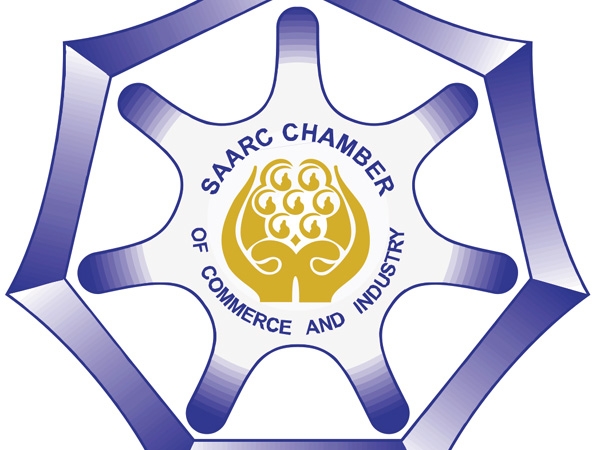LAHORE: SAARC Chamber of Commerce and Industry (SAARC CCI) Senior Vice President Iftikhar Ali Malik Friday said a new political vision and a stronger system are essential for South Asian leaders to develop regional “gateways” and “hubs” to expand trade and commerce in both regional and global markets, foster regional value chains and work to build competitiveness by ending deadlock for the betterment of the masses.
Talking to SAARC Chamber President Ruwan Edirisinghe in Colombo over the telephone Friday, Iftikhar Ali Malik said this vision will help tap into latent industrial demand and industry-to-industry links and unlock the potential of the region’s resources besides providing new guidelines to its member nations in their effort to achieve the sustainable development goals. “We will accelerate and sustain the growth momentum of recent years by unlocking the hitherto untapped potential of region’s natural resources, industry and infrastructure through sub-regional cooperation,” he added.
However, criticising India for excluding Pakistan from other regional organisations and halting the SAARC progress, he said no durable peace and prosperity is possible without the participation of Pakistan.
He said the solutions of all problems lie in reactivating SAARC and India should realise that any organisation such as the South Asian Sub-regional Economic Cooperation (SASEC) cannot be effective until Pakistan’s participation. He said India and Pakistan both should enhance their role to make conditions congenial for meaningful cooperation in South Asia. This challenge can be met only if India and Pakistan and all neighbours work in concert for the benefit of their peoples.
No other region needs harmonious and cooperative relations among its states more than the SAARC countries as we have been rated very low in terms of customs and cross-border trade,” adding he said SAARC CCI provides the best opportunity to discuss the common challenges and solutions, and each country can agree to address on mutual understanding and interest.
He said such regular interactions between the customs officials help clear obstacles for trade in the region. “The customs officials discuss ways to help companies and individuals in order to carry cross-border business faster and at lower cost, access to more markets throughout the region provides opportunities for business to grow, create jobs, and help create international economic ties,” he added.
Iftikhar Ali Malik further said if the region hopes to meet its development goals and not risk slowing down —or even halting— growth, poverty alleviation, and shared prosperity, it is essential to prioritise closing huge infrastructure gap. He said for this purpose $2.5 trillion is needed for infrastructure in South Asia by 2020 to bring its power grids, roads and water supplies up to the standard needed to serve its growing population.
“South Asian governments should translate commitments into action, develop regional infrastructure and remove “unspoken barriers” including sensitive lists and a range of domestic taxes,” he concluded.
























